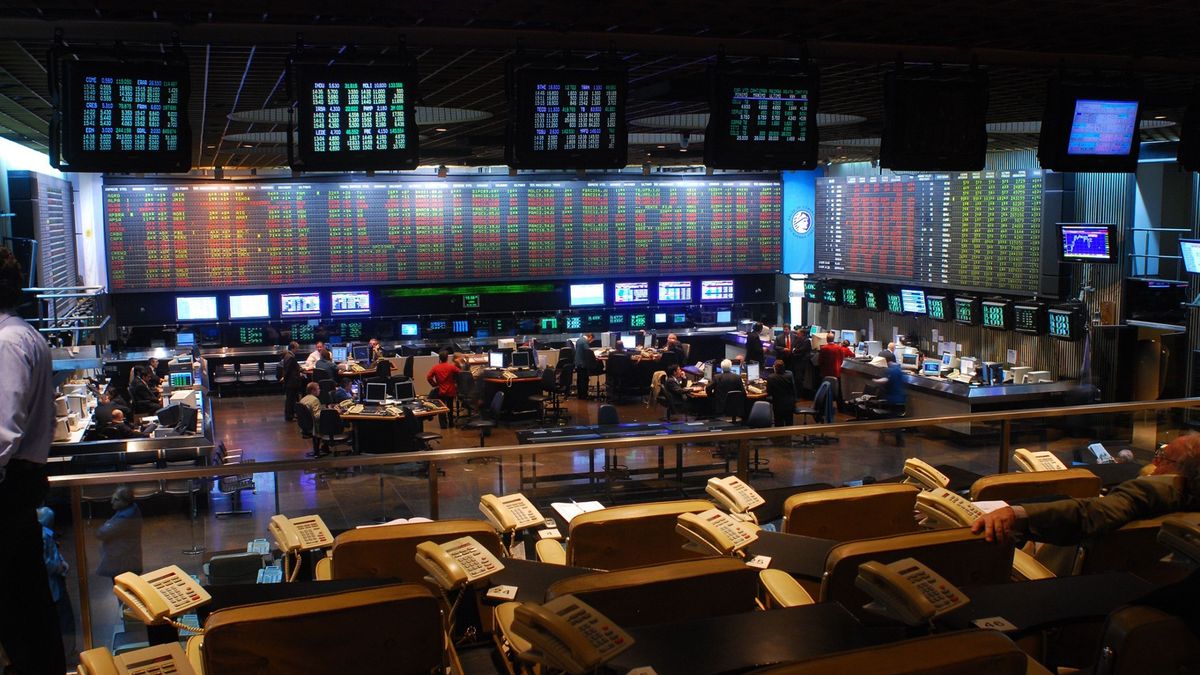In this way, Argentine papers closed on the New York Stock Exchange with the majority of increases, led by Cresud (+5.8%); Central Port (+3.7%); and Pampa Energia (+3%).
In the Buenos Aires stock market, for its part, the S&P Merval stock index of Argentine Stock Exchanges and Markets (BYMA) rose 0.6% to 92,091.47 pointsled by the improvement in energy companies.
Concerns about aggressive moves by the US Federal Reserve and Russia’s invasion of Ukraine are global concerns for investors, while soaring local prices overshadow a recent deal with the International Monetary Fund (IMF).
“The Argentine market is another world at times, given the speculation and the volume. March and April will have very high inflation, at least between 5% and 6%. From May onwards it should loosen up a bit,” estimated a financial analyst.
The INDEC will announce the inflation data for March next week, after the measurement of the City of Buenos Aires reached 5.9% in the third month of the year.
“Increasing the rate is the orthodox side of the government’s strategy to help counteract inflation,” a source from the official bank told Reuters, facing a price increase that is projected by up to 60% by 2022 among private analysts. “A rise (in rates) does not imply a linear reading at the rate of inflation (Argentina), since variables such as the volatility of other currencies of influence and the true inflation in dollars that drags the world must be followed,” added the source.
“The upsurge in inflation in the first quarter has been the topic in the limelight due to its immediate political implications,” VaTnet Research said. “This has been especially important due to the climate of disunity that can be seen in the governing coalition, despite the current delicate economic situation,” she said.
The agreement with the IMF dispelled fears of ‘default’ in the country, although doubts about compliance with the guidelines agreed with the organization continue to weigh on the market. These reviews will be quarterly, with a first in May.
“Investors do not stop watching closely the evolution of the domestic economy and inflation, where the deterioration of these variables could complicate the fulfillment of the recent agreement signed with the IMF”, said Research for Traders.
Bonds and country risk
In the fixed income segment, the dollar-denominated bonds ended with most losses.
While, Inflation-linked securities in pesos recorded increases of up to 1.7% (Par).
For its part, the Argentine country risk from JP Morgan Bank it remained stabilized around 1,704 basis points.
Source: Ambito
David William is a talented author who has made a name for himself in the world of writing. He is a professional author who writes on a wide range of topics, from general interest to opinion news. David is currently working as a writer at 24 hours worlds where he brings his unique perspective and in-depth research to his articles, making them both informative and engaging.




